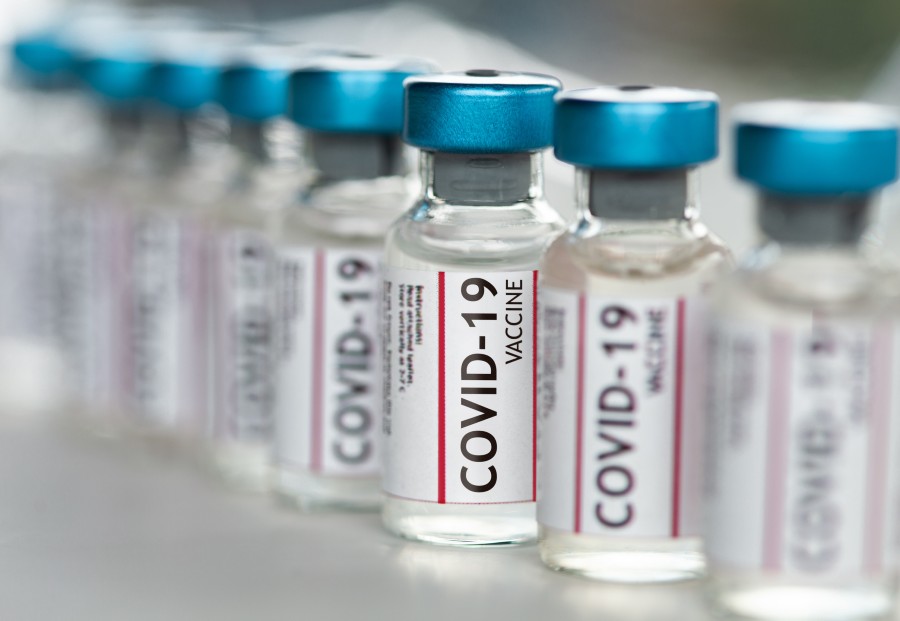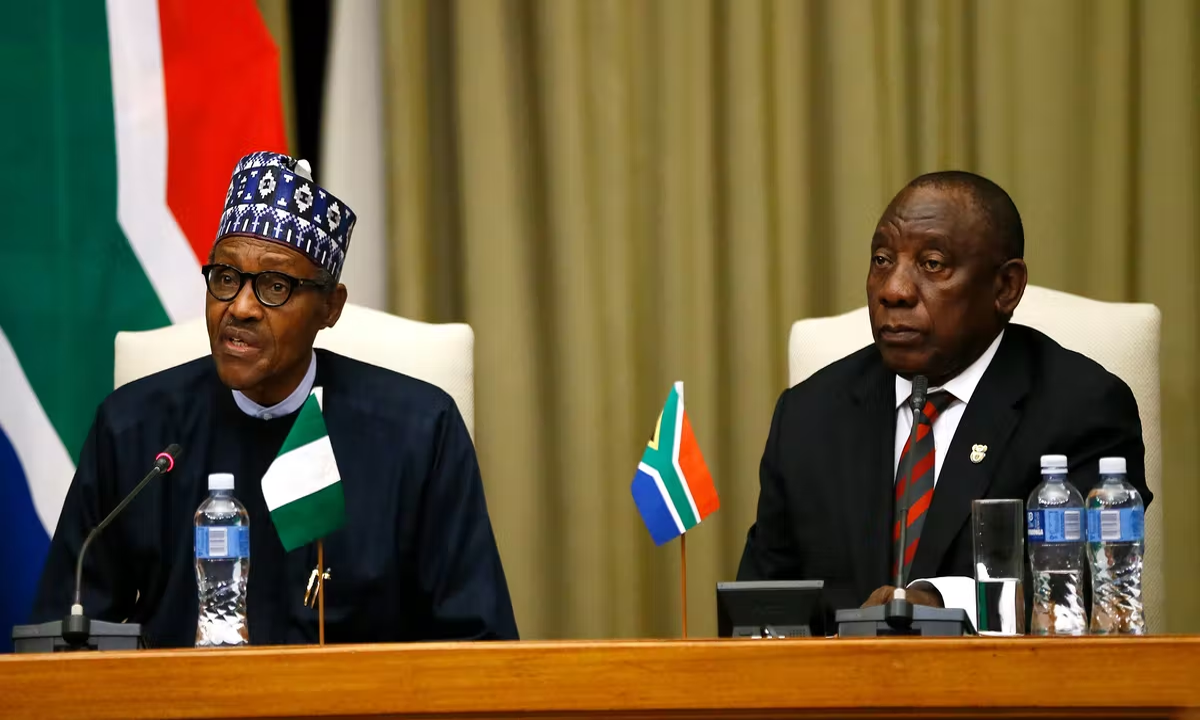Morocco exposed Tuesday in Paris, the links between separatist and terrorist groups and the states proliferating weapons of mass destruction (WMD) in the Mediterranean.
During a meeting of the Mediterranean Initiative, organized by France and Germany within the framework of the Proliferation Security Initiative (PSI), Morocco stressed the need to take stock of the evolution of security issues in general, and the issue of proliferation in the Mediterranean in particular.
The head of the Moroccan delegation to the meeting, Redouane Houssaini, insisted on a new reading of the threats to the security of States bordering the Mediterranean which needs to set aside analyses dating back to the Cold War and take into account the close links between proliferating States and armed separatist and terrorist groups in the fight against proliferation.
Redouane Houssaini, Director of the United Nations and International Organizations at the Foreign Ministry, noted that the threat posed by the proliferation of WMD in the Mediterranean is inextricably linked to the security context of the Sahel-Saharan region.
”The documented links between terrorist and separatist groups and WMD proliferating states in the Sahel-Saharan region are a call to action to the PSI’s affinity states to intensify their efforts to prevent the proliferation of weapons of mass destruction to these actors,” he said.
The official highlighted the huge efforts made by Morocco in the field of non-proliferation of weapons of mass destruction, under the royal vision for multilateralism, and recalled the unwavering commitment of the Kingdom to the implementation of Security Council Resolution 1540.
He also highlighted the important efforts that Morocco is leading in the fight against the proliferation of weapons of mass destruction in the Mediterranean through the organization of meetings as part of the PSI.
The Moroccan official recalled that the Kingdom has worked to build a pool of national experts trained in the field of interception of illicit trafficking of nuclear, chemical and biological weapons, ballistic delivery systems and materials that could be used in the manufacture and use of such weapons, and has strengthened its legal arsenal in this area.
Morocco hosts the Regional Office of the Centers of Excellence on Nuclear, Radiological, Biological and Chemical Risk Reduction for the States of the African Atlantic Front in charge of coordinating the action of nine States in the region to address the threat of the proliferation of weapons of mass destruction, he added.
Meeting this challenge requires strengthening regional and subregional cooperation, especially at the Maghreb level, as well as adopting an innovative approach aimed at creating new mechanisms and consolidating existing or future ones, Houssaini said.
With 105 participating countries, the PSI is a voluntary multilateral cooperation framework launched in 2003 with the adoption of the “Paris Principles”, also known as the “Interdiction Principles.” Morocco is a founding member of this initiative.
At a high-Level Political Meeting in 2013, France and Germany proposed to gather all Mediterranean stakeholders, whether they were PSI endorsees or not, to develop a PSI initiative specially focused on Mediterranean challenges.
The main objectives of this initiative are to discuss the proliferation risks specific to this region, to strengthen cooperation between all concerned actors and to improve their collective capacity to prevent proliferation.
(The North African Post)


